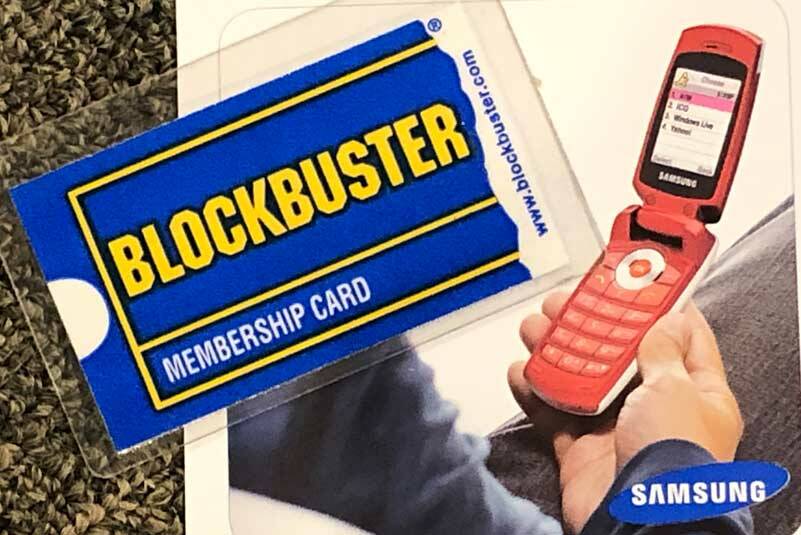By Morf Morford, Tacoma Daily Index
Every economy, like every season or tide that ebbs and flows, has its ever shifting currents and low points.
When it comes to the economy, we might take a lesson from the weather or from the surging seas – as with every other aspect of life, preparation is key to survival – and certainly to success.
When the economy dips and peaks, our best response, much like a seasoned surfer, is to ride the waves – fighting the currents will accomplish nothing but will deplete your energy and resources. Perhaps with finality.
A volatile economy, like a raging ocean, will swallow and consume any who are not prepared to face overwhelming, near infinite forces. But if one can flex and roll with those forces, those indescribable surges can take us to places we could never have imagined.
When we are riding the surge, when times are good for example, it’s easy to make money – but it’s just as easy to lose it.
In a booming economy, even mediocre business can flourish – for a time. In a languishing economy, your business plan better be solid. Booming economies have a huge margin for error. Weak ones don’t.
Many of our largest and most enduring companies were founded in difficult times. They had to be built to last.
A declining economy is, at its most fundamental, an economy in motion. Prices and values of resources and labor shift and, like a roulette wheel, where they stop, nobody knows.
Trends emerge and recede, and being nimble and responsive – and prepared for almost anything is the key to survival. And success.
Remember theme restaurants?
In the past decade or two we saw a flourishing of theme and celebrity restaurants from The Rainforest Cafe to Hard Rock Cafes and restaurants owned or at least associated with everyone from Jimmy Buffett to Michael Jordan to Ryan Gosling and Ludacris, among many others – including Robert De Niro and Martha Stewart. How many of them will stand, or already have stood, the test of time and market forces? I’d guess not very many.
In good times, businesses sprout like mushrooms after a rainfall, but then the wind shifts and, for some at least, profits are made. But for most, the doors close, and the vision drifts away.
Theme and celebrity restaurants met (or maybe created) a need and pursued the market, and then relatively slowly (in most cases) retreated from the visible landscape.
Do what you care about
A slogan that has been popular the past few years has been “Do what you love”. It might be a cliche, but it still holds true. Do what you care about, and the hours and the years, will fly by. Economic downturns, disasters and growth spurts will come and go, but if you care about what you are doing, it all slides by.
The labels we put on things limit us – and our ability to respond. Our reaction to “bad” weather may keep us from a fabulous view of a raging storm or a stunning sunset. But if we are prepared, we might see something no one else will ever encounter.
In the same way, a term like “recession” might keep us from stepping out with that great new business idea.
Opportunities are everywhere, and many times we are the only ones who can see them – or keep ourselves from seizing them.
Why do we work?
Work is, after all, about far more than money. We literally “earn” our place in our communities and interact with all kinds of people and issues and learn all kinds of things we probably never expected.
Work is where we use, develop and expand our skills and, to a large degree, express and live out our fullest values and beliefs.
At its best, work cultivates a sense of camaraderie and accomplishment. Consider how many movies or television series have been based on workplace situations and dynamics. And the sense of community among those who go through difficult times together.





